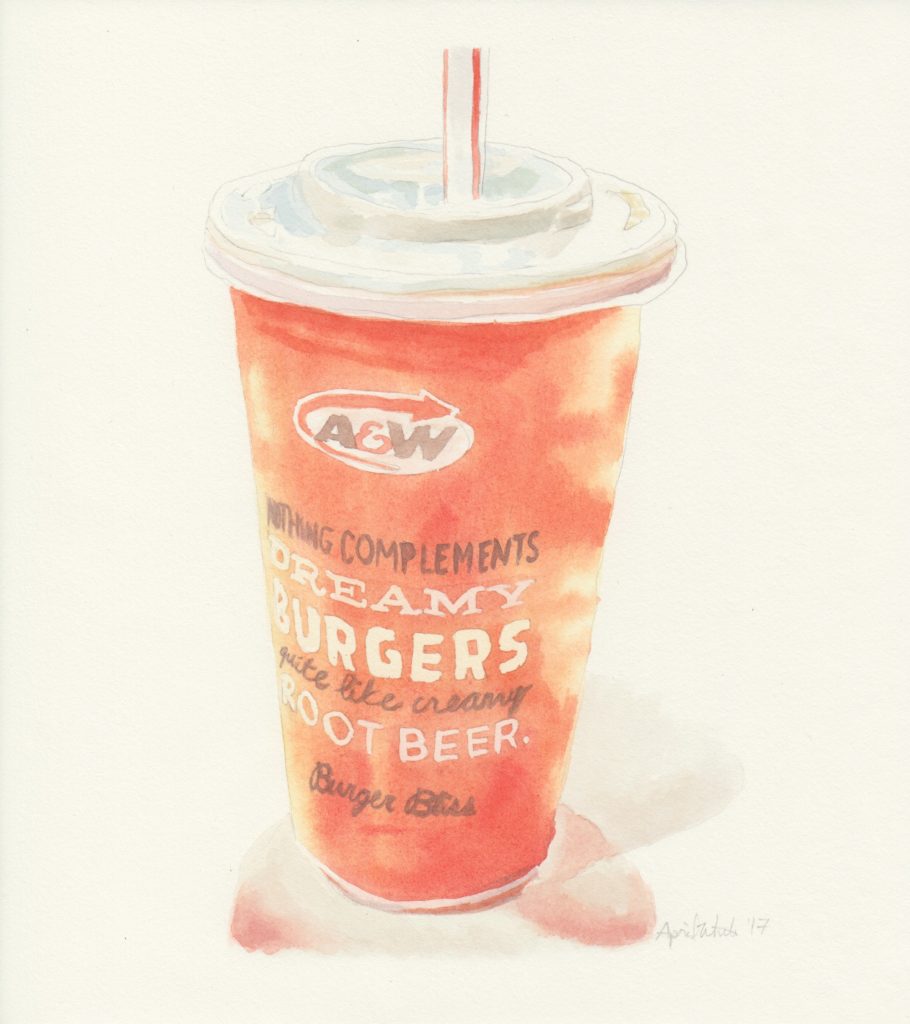More than groceries in Susan Flanagan’s shopping cart
February 2021
I’ve read that John Hughes was inspired to write Home Alone after momentarily losing track of one of his children. While I’m sure you’ve never left a supermarket with someone else’s baby, was there a similar moment that generated this story?
I have been the grocery shopper in our family for 28 years. When all five children were living at home, I actually had to do grocery runs for different items, like produce, fruits and vegetables one trip, cereal and bread the next, because I couldn’t fit everything in one cart. There was a lot, and I mean a lot, of cereal. Over the years I have done the shopping cart switch at least a half dozen times; I have gone so far as to push someone else’s cart around the corner into another aisle before discovering that the cart full of Pepsi and cheese slices is not mine. More often though, I have abandoned my cart to search for something like lemon pepper seasoning, only to come back and put the spice in someone else’s cart. I remember asking myself: what is the most shocking thing that could end up in a switched shopping cart? What I came up with: a stranger’s infant.
How about your experience of parenting in general? I liked how Henry consistently doubts his skills as a father, but he seems like a pretty good dad.
I am definitely not Henry. I like to think I am a free-range parent rather than a helicopter parent. If there had been a car like Delores’s in a parking lot 100 km away, I would have dragged the whole family out in a raging windstorm, my husband included, just to see it. We embarked on a lot of outdoor hiking and geocaching adventures with our children. We also encouraged them to travel on their own. I remember when our second son was 17, he went on a trip to Detroit to go rollerblading with his friends and on their way through Toronto, they went to an indoor rollerblading park; my son had to email me a consent form which I had to sign, scan, and send back just so he could go in. I thought that was hilarious considering he was crossing a border the next day. Henry would have been a wreck to let Dash go on a trip like that.
I also remember when we took the children to my husband’s hometown of Leigh in Northern England; we all went to the market and my husband said to the four older ones: you know your way back to Aunt Winifred’s; we’ll see you there later. Henry would need medication. On that trip, we also dropped the first four off at Legoland and left them there for a few hours while we strolled the grounds of Windsor castle with the youngest.
Of course, now four of our five children are adults, with only our surprise child still a minor, but we still enjoy adventures together. Just before everything locked down in 2020, the whole family met in Ottawa to skate on the canal and ski at Mont Ste Marie in Quebec. Nothing brings me greater joy than spending time outdoors with my family. I am thrilled to see them constantly embarking on adventures themselves.
Henry’s relationship with his wife, Millie, is a nice blend of exasperation and loyalty, connection and depth, and, even after decades together, the occasional surprise. What are the challenges of depicting a “normal” marriage?
Marriage relationships are as varied as those who join into them. I think a successful marriage is a game of compromise. I have been married 28 years, and
I realize that whenever I am exasperated with my husband, he is perhaps ten times more exasperated with me. We are polar opposites in our approaches to almost everything except fitness and the importance of spending time outside, so I found it easy to work that dynamic into the relationship between Henry and Millie. That’s not to say that Millie and Henry represent us in any way, but like us, they have very different personalities and still have the ability to throw each other a curve ball now and then.
I was interested in the mix of actual, verifiable events – such as the parking meter vandalism – with the completely fictional, such as the grocery chain Sundries. How did you decide on, or skew, that balance?
When I was writing this book, I was visiting my mother almost every weekday; we would eat lunch and leisurely read The Telegram together. During that time, there were a lot of stories about parking meter thefts, Chase the Ace, and bear sightings on the southern shore, and these ideas started making their way into the plot. I did consciously fictionalize the names of supermarkets and the church that puts off the Chase the Ace contest, but otherwise I didn’t really think about the blending of fact and fiction, because most of the plot came to me in those relaxing hours spent with my mother.
When did you know there would be a bear?
Bear sightings are extremely rare this side of the Isthmus of Avalon. As soon as I saw the video of the man filming a black bear on the cemetery road in Ferryland and the subsequent warnings of a bear on the East Coast Trail, I knew a bear would be featured in the novel. Funnily enough, there’s a bear scene in my other novel, The Degrees of Barley Lick, coming out this summer.
Do you ride a motorcycle?
Every time we have moved house, at least three motorcycles have moved with us.
I got my motorcycle license in 2004, but I rarely ride. My husband’s 1970 Triumph Bonneville, featured in the book, is sitting in our shed and once I can safely have a book launch, barring unforeseen circumstances, I hope to have it there up front and centre. He’s always dreamed of taking it on an epic bike trip like Henry’s Spring Tune-up Ride, but it has yet to happen. My husband tinkered with that bike in my office on Shea Street when the first four children were little. If I ever grumbled about it, he said: think of it this way, it’s the most expensive piece of furniture in there.



